Utility Safety: Handling Gas And Electric Issues After A Hurricane
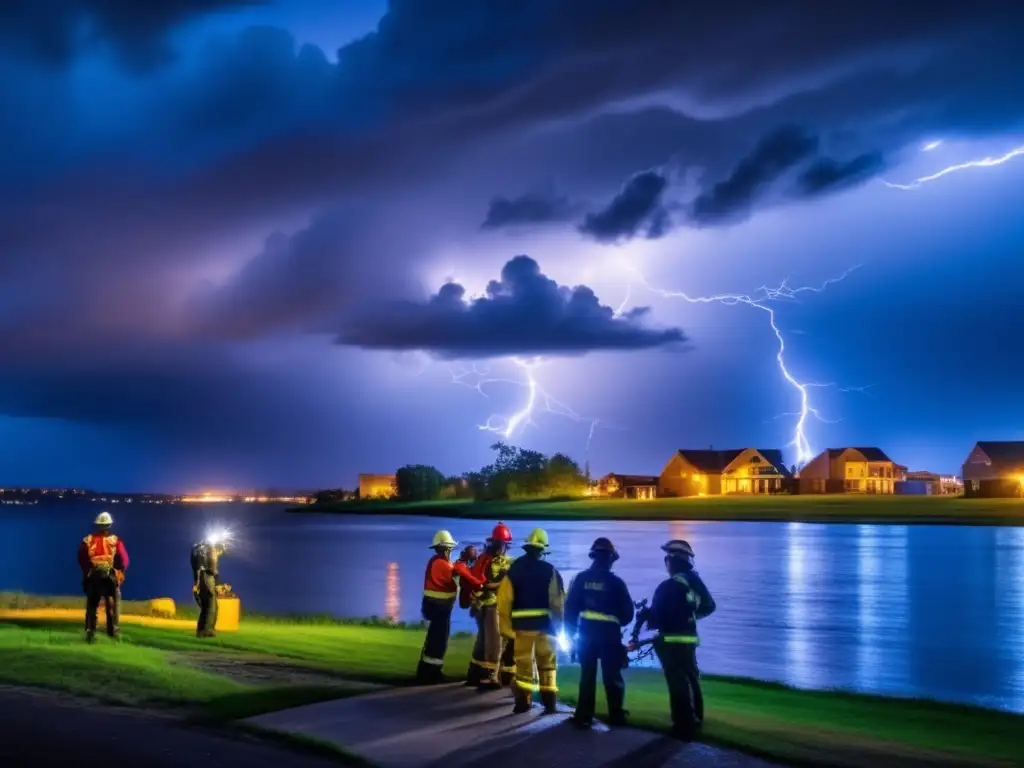
Utility Safety: Handling Gas and Electric Issues After a Hurricane
Introduction
When hurricanes strike, they can cause widespread damage and leave communities without essential resources like electricity and gas. Even after the storm has passed, residents living in hurricane-prone areas might face a new challenge: navigating the aftermath of a hurricane and managing any related utility safety issues. In this article, we will explore the best ways to handle gas and electric issues following a hurricane.
Gas Safety
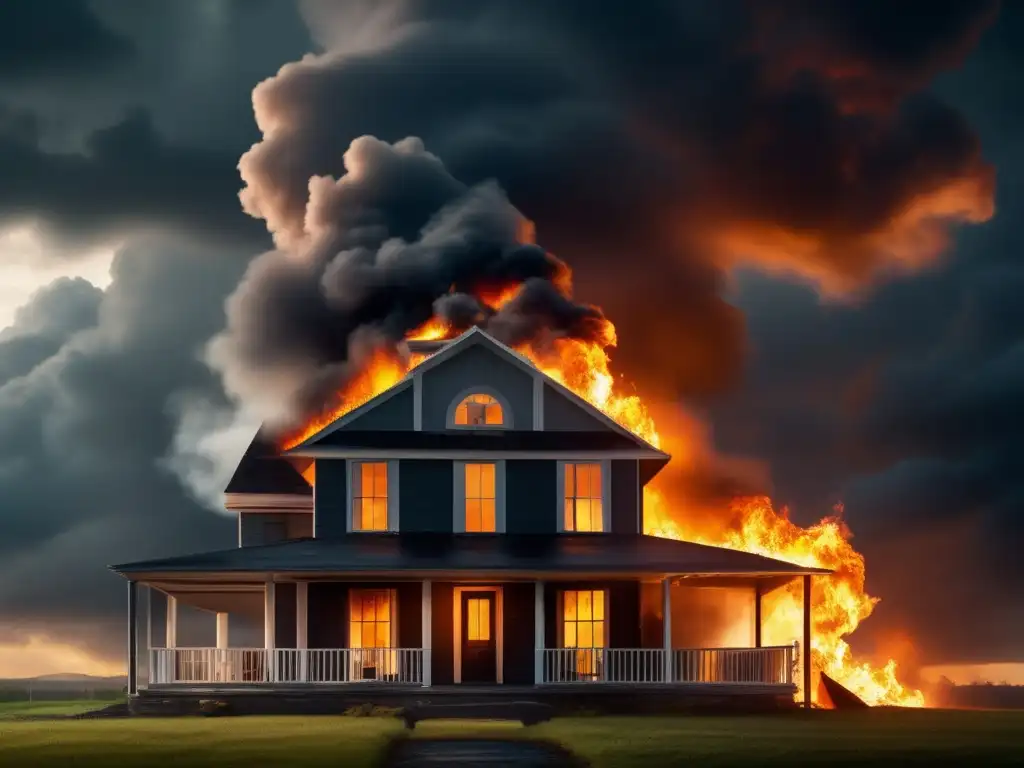
Shut off Gas Supply Before a Hurricane
Prior to a hurricane, it is crucial to shut off the gas supply to your home or business. Doing so eliminates the risk of gas leaks and subsequent fires or explosions that could cause significant harm to life and property. If you are unsure how to turn off your gas supply, contact your gas company for assistance.
Inspect Gas Lines After a Hurricane
Once the hurricane has passed, inspect all gas lines, including those leading to outdoor grills and generators. Do not attempt to turn the gas back on until you have thoroughly examined all lines and ensured that none of them are damaged. If you detect any damage or suspect a gas leak, evacuate immediately and call your gas company.
Do Not Use Open Flames or Smoke Cigarettes Near Damaged Gas Lines
If you detect a gas leak or suspect that a gas line is damaged, do not use open flames or smoke cigarettes near the area. Doing so could ignite the gas and cause an explosion. Instead, evacuate the area and call your gas company immediately.
Electric Safety
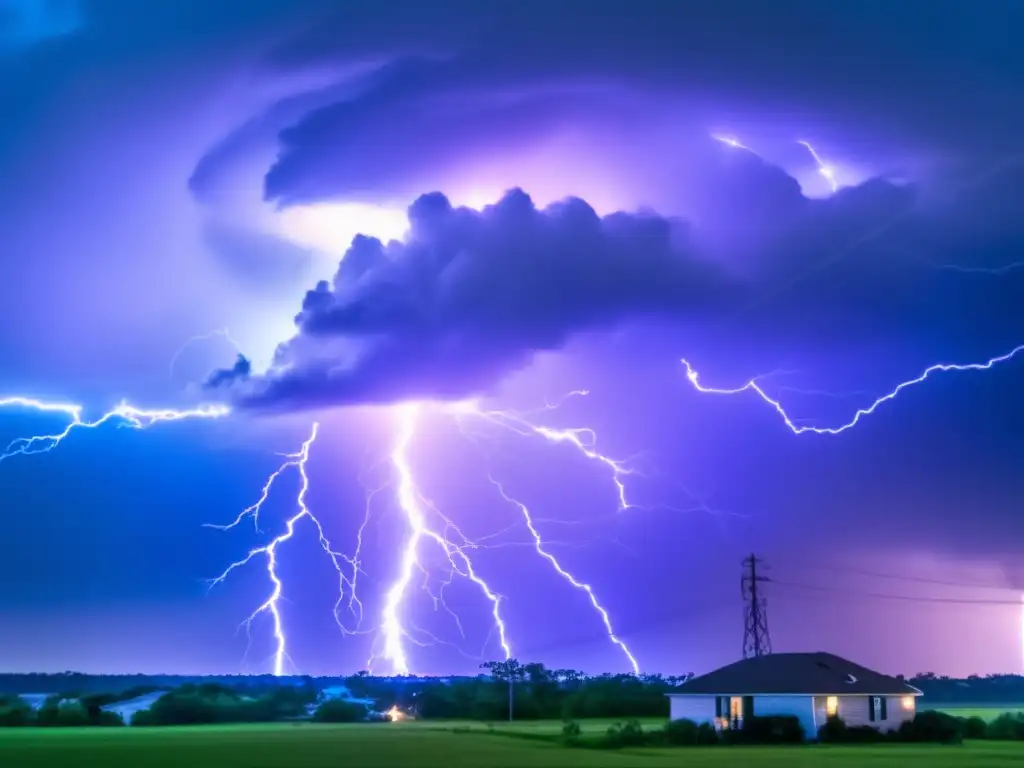
Avoid Downed Power Lines
After a hurricane, there might be downed power lines in your area. Assume that all downed power lines are energized and avoid them at all costs, as they can be deadly. Call your electric company to report the downed line.
Do Not Use Wet Electrical Devices
If any electrical devices have come into contact with water or have been exposed to rain, do not use them. Water can damage or short-circuit electrical devices, increasing the risk of electric shock or fire. Instead, have a professional inspect the devices to ensure that they are safe to use.
Avoid Overloading Electrical Circuits
During power outages, residents may rely on portable generators. It is essential to avoid overloading electrical circuits when using generators, as doing so could cause a fire or damage your home's electrical system. Be sure to follow the manufacturer's guidelines for generator use and extension cords.
Frequently Asked Questions
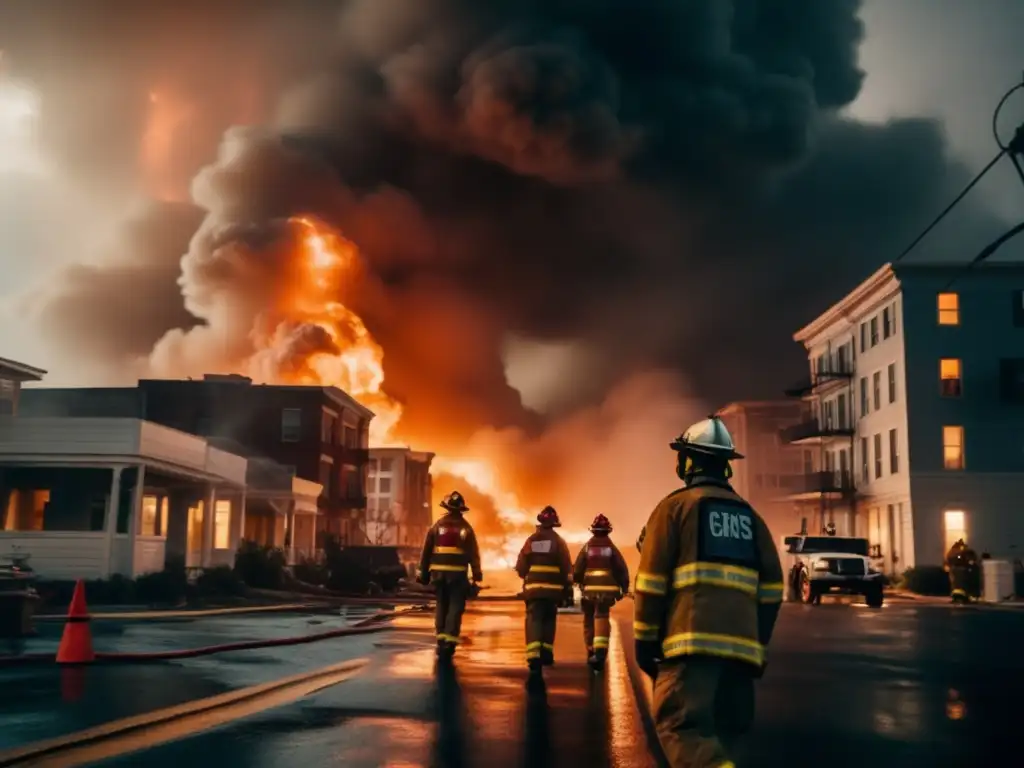
-
What should I do if I smell gas after a hurricane?
If you detect a gas leak, evacuate the area immediately. Do not use any open flames or smoke cigarettes near the area, and call your gas company to report the leak.
-
What should I do if I see a downed power line?
If you see a downed power line, assume that it is energized and avoid it at all costs. Call your electric company to report the downed line.
-
Is it safe to use wet electrical devices after a hurricane?
No, it is not safe to use wet electrical devices. Water can damage or short-circuit electrical devices, increasing the risk of electric shock or fire. Have a professional inspect the devices to ensure that they are safe to use.
-
Can I connect my portable generator directly to my home's electrical system?
No, it is not safe to connect your portable generator directly to your home's electrical system. Doing so could cause a fire or damage your home's electrical system. Be sure to follow the manufacturer's guidelines for generator use and extension cords.
-
How do I turn off my gas supply before a hurricane?
If you are unsure how to turn off your gas supply, contact your gas company for assistance.
Conclusion
Handling gas and electric issues after a hurricane requires caution and vigilance. By following the safety tips outlined in this article, residents can avoid potentially dangerous situations and keep themselves and their loved ones safe. It is essential to be prepared for the unexpected and stay informed about potential utility safety issues that may arise following a hurricane. Remember to always prioritize safety and seek professional help when necessary.
We hope that this article has been informative and helpful in navigating the aftermath of a hurricane. If you have any additional tips or questions, please share them in the comments section below. Thank you for reading, and stay safe!
Additional Resources
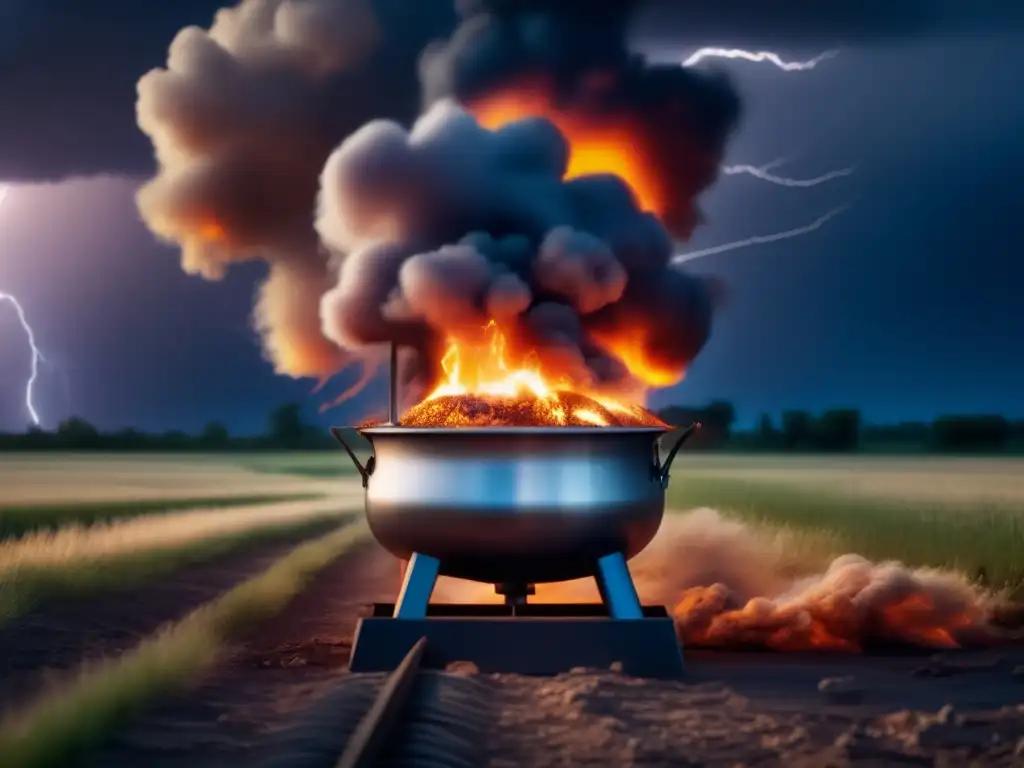
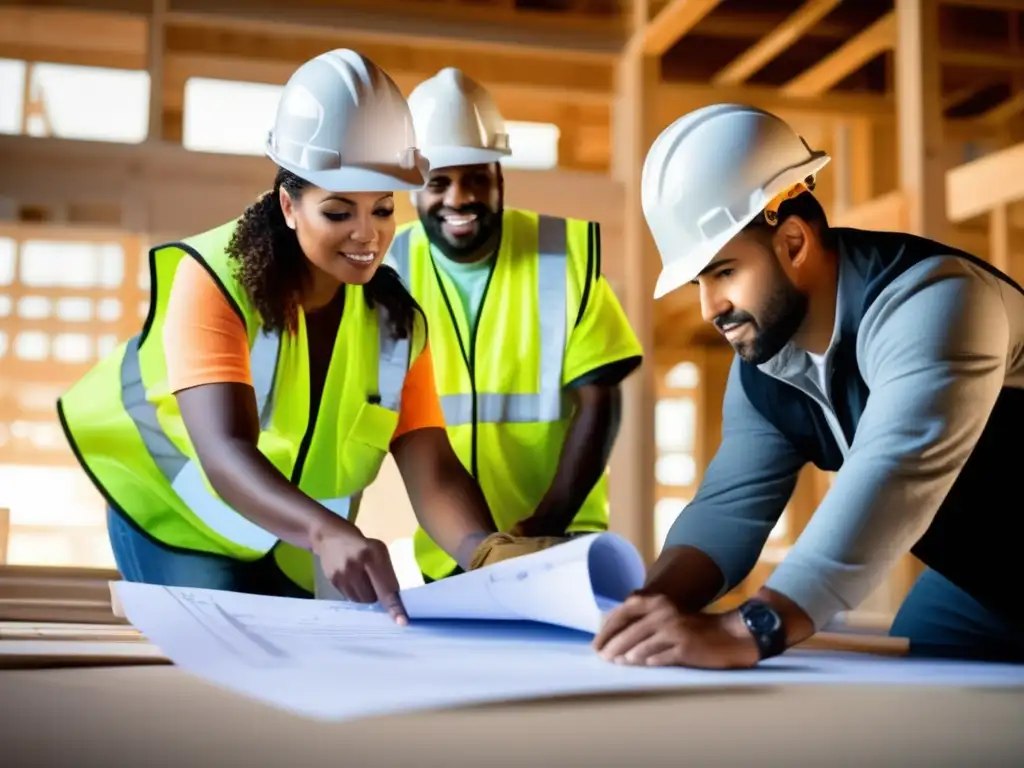 Building Codes And Permits: What You Need To Know For Repairs
Building Codes And Permits: What You Need To Know For Repairs Handling Vehicle Damage And Insurance After A Hurricane
Handling Vehicle Damage And Insurance After A Hurricane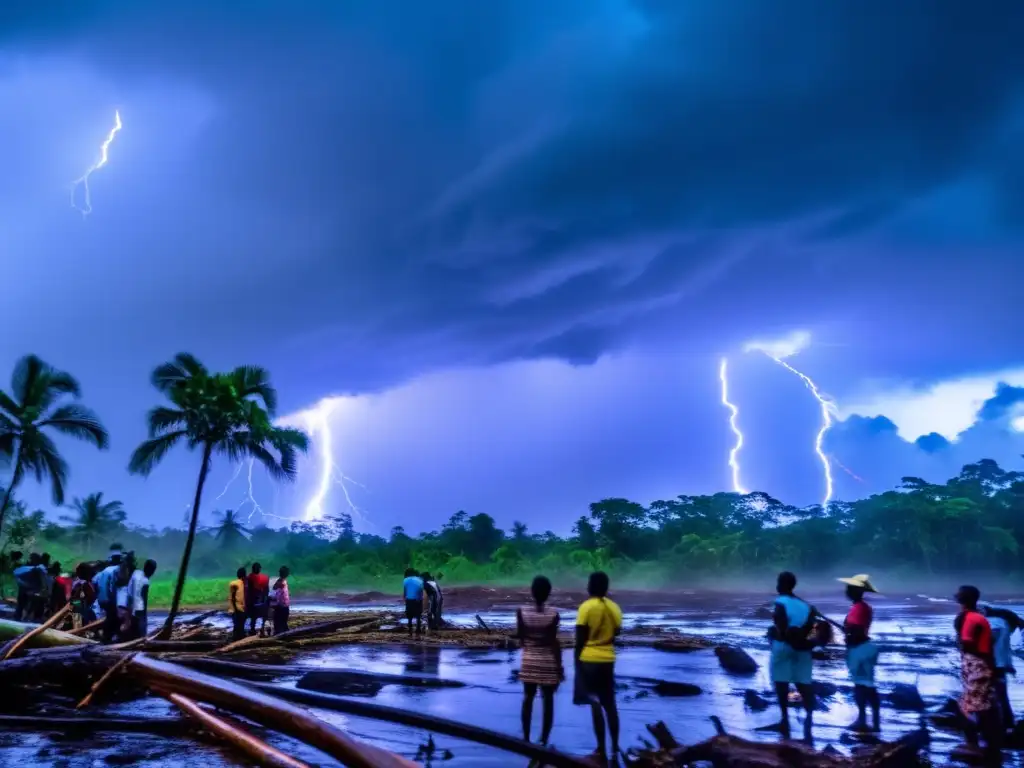 Creating A Long-Term Recovery Plan After A Hurricane
Creating A Long-Term Recovery Plan After A HurricaneIf you want to discover more articles similar to Utility Safety: Handling Gas And Electric Issues After A Hurricane, you can visit the Hurricane recovery: category.
Leave a Reply

Articulos relacionados: